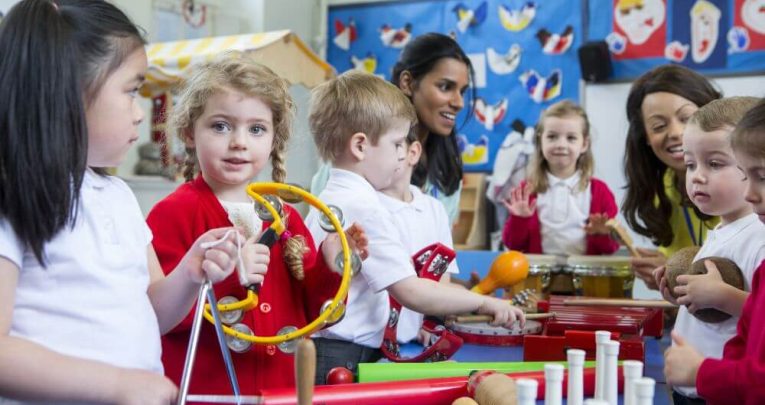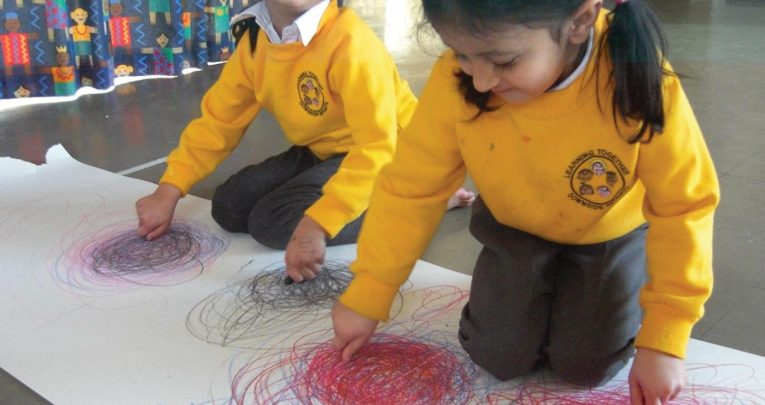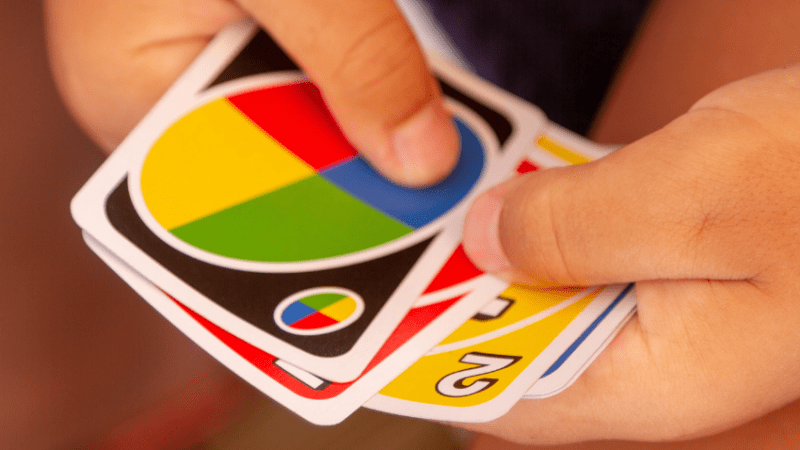School play – Is it really worth the effort?
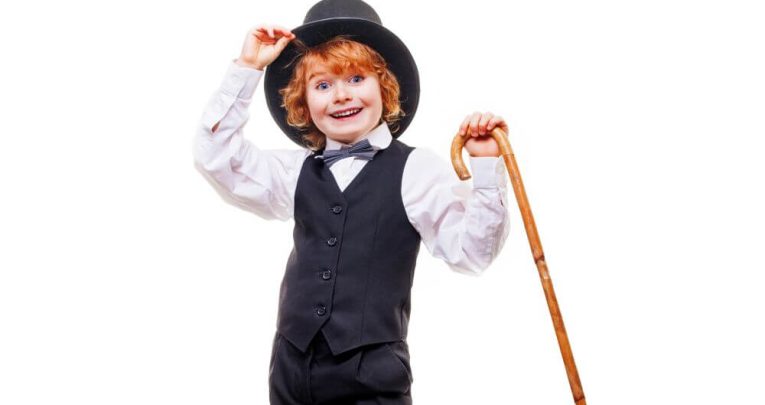
Are school productions really worth doing? For Tom Kirkham, the answer is an unequivocal “yes”…

- by Tom Kirkham
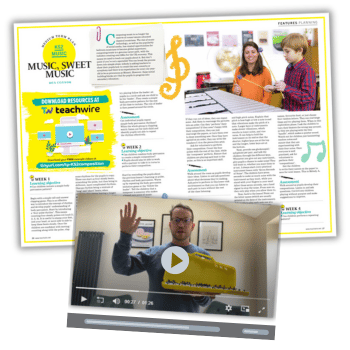
With winter nearly behind us and summer creeping tantalisingly into sight on the horizon, it’s time to whisper those inevitable three words – the three words which, perhaps more than any others within primary education, have the capacity to excite and terrify in equal measure: the school production.
Teachers up and down the land, already spinning plates by the dozen, are about to add even more into the mix. Those who have done it even once know precisely what is in store: there’s the acting, of course, and the singing, yes, lovely.
But then there’s the staging, the costuming, the make-up, the props, the lights, the sound, the programme, the tickets, the absent children, the lost shoes, the mislaid scripts, the needy child, the needier parent. It begs the question – why on earth does anyone do it? And is it really worth it?
Life-enhancing opportunity
Well, while only the individual teachers can answer that question (and certainly don’t ask them it the week before the show), from the perspective of pupils, parents and the wider school, the answer is an unequivocal “Absolutely!”.
You see, there is nothing like a school production for bringing pupils together in a sustained, shared experience. Sports days can be exciting, concerts can be rewarding, and residential trips can be great fun, but only a school production provides so many children with so many life-enhancing opportunities to be experienced all together. These include:
- Instilling a sense of common purpose in a class or year group
- Developing teamwork and leadership skills
- Enthusing young learners
- Sparking an interest
- Building friendships
- Increasing confidence
Out of their shells
Productions are not just for confident, extroverted children. They can offer plenty for the quieter, less flamboyant members of the community too.
Directed and produced well, a production can really bring children out of their shells and be hugely influential in developing self-confidence and a sense of self-worth, not to mention a host of other transferable skills.
Isolated, socially-withdrawn children can be transformed by their involvement in a school play, as little by little their shared experiences bring them closer to their peers. Indeed, the rehearsal period and in particular the performance days can create new and enduring friendships, such is the impact of a production.
I have witnessed this so many times over the last 15 years while directing school productions. I remember one child in particular who had been really struggling to integrate in his (relatively) new school. He was often alone and isolated, and clearly felt awkward and uncomfortable a lot of the time.
His transformation began when he was cast in a medium-sized role in a production. Suddenly he was involved; he had a way in. He rehearsed with different groups of children and got to know them outside of the classroom in a more structured way than in the playground. Gradually his confidence grew and friendships developed.
He became increasingly at ease. The production was the making of him, and before long, the impact could clearly be seen in other areas of his school life too.
And that in itself is probably enough of a reason for most teachers to go through with it, regardless of how exhausting it can be. But actually the benefits go even further. A school production has the power to bring together the entire school community, not just those directly involved. It generates its own momentum.
It excites and engages; unifies and motivates. It creates a wonderful focus for pupils and teachers alike. Whole schemes of work can be devised around the show and almost every subject or department within a school can find itself lending a hand in one way or another.
For those teaching English, a production serves as the perfect opportunity to develop and assess spoken language, helping children to speak audibly and fluently, gain and maintain the interest of their listeners, vary tone, pace and inflection.
And don’t forget how fun it can be to design posters (art), create props (tech), manage ticketing (maths), help backstage or front of house. Some children may not enjoy performing but can gain immeasurably by being given meaningful opportunities in other areas.
Passionate singing
There are other less immediately obvious benefits too.
Singing within a production, where there is context, narrative, characters, themes and usually an excellent array of musical styles and genres, often leads to some of the best, strongest, most passionate singing that children can do, perhaps because of the production framework which allows them to give their all with less fear of embarrassment. Or perhaps just because it’s more fun.
Because really, fun is what it should be about – indeed, must be about. And not just for the children. Teachers shouldn’t have to suffer in the process, and deserve to enjoy it as much as anyone – more so even, given their efforts.
So, is it worth it? Well, there’s no getting away from the fact that the work that goes into a school production is colossal. But what makes it truly worthwhile is not one person heroically shouldering the burden, but when it serves to bring together the whole school community in a memorable shared experience.
After all, if as a school you can succeed with a production, you will probably be able to succeed in most other areas too.
How to make your show a success
Careful planning and being organised from the outset is the key. A good production schedule is a great place to start. This is a document, usually in table or calendar format and arranged chronologically, which contains all of the practical elements that need to be considered to make sure your show is a success.
Often it helps to work backwards from the last thing you will have to do (taking down the set, returning the costumes or sending out the DVD) to the first thing you’ll have to do (choosing the show, confirming the performance date, booking the hall).
Other key considerations include dress rehearsals, room bookings, stage design, costuming date, ticketing process, programme design and printing.
Equally vital is to get others involved as much as you possibly can. Rally the troops, badger other staff for support, keep the parents in the loop and invested.
Plan early which tasks can and should be outsourced, who and how many people you will need backstage or front of house, who will take full responsibility for the technical demands of the show and who will help to market it and undertake administration.
It’s always worth meeting with your headteacher to outline how best the production can be served by the school community in order to be something of which everybody can be proud.
Tom Kirkham is the publishing director of The School Musicals Company and a qualified teacher of English and drama. Follow him on Twitter at @musicalsco.






